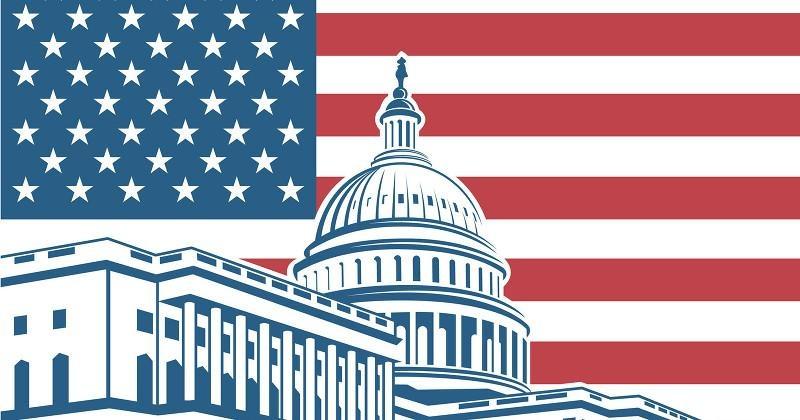
Last cycle, nine members left Congress to try to become governor and five ended up winning the state’s top job. But this cycle will be a different story. While 38 states elected a governor in 2017 or 2018, just 14 states will elect a governor in the next two years. And fewer opportunities to move up will limit the exodus from the House.
Currently, there’s just one House member running for governor, and he doesn’t have to give up his seat to do it.
Republican Ralph Abraham is running in Louisiana this year, which means he could hypothetically run for re-election next year if he falls short in the statewide race. Abraham could face former Louisiana GOP Rep. John Fleming in the initial jungle primary and Democratic Gov. John Bel Edwards in a competitive general election.
Kentucky Rep. James Comer flirted with running for governor this year, but the filing deadline passed with the congressman declining to challenge wealthy Gov. Matt Bevin in the Republican primary. Mississippi will also elect a governor this year, but no members are mentioned as potential candidates.
Next year, GOP Rep. Greg Gianforte is considering a run for governor in Montana. He lost the 2016 race to Democratic Gov. Steve Bullock, 50 percent to 46 percent, before he was elected to the House in a 2017 special election. Now, Bullock is term-limited, and Gianforte could try again, although other Republicans have already announced their intention to run. The Montana governor’s race will be a top GOP target next year because President Donald Trump won it by 20 points in 2016.
Beyond that, it’s hard to find members even mentioned as potential candidates in Delaware, Indiana, Missouri, New Hampshire, North Carolina, North Dakota, Utah, Vermont, Washington, and West Virginia. My colleague Leah Askarinam broke down each race, with initial race ratings, in our Feb. 1 issue.
In 2018, five members were elected governor: Republicans Ron DeSantis (Florida) and Kristi Noem (South Dakota), and Democrats Michelle Lujan Grisham (New Mexico), Tim Walz (Minnesota) and Jared Polis (Colorado). Republican Steve Pearce lost to Lujan Grisham in New Mexico’s general election, while three other House members — Raúl R. Labrador (Idaho), Diane Black (Tennessee) and Colleen Hanabusa (Hawaii) — lost in primaries.
A flock of members could end up leaving the House for other reasons: because they don’t like being in the minority, face a competitive re-election race, end up embroiled in scandal, or decide to run for the Senate. But don’t expect a chunk of seats to open up because of people wanting to run for governor.

